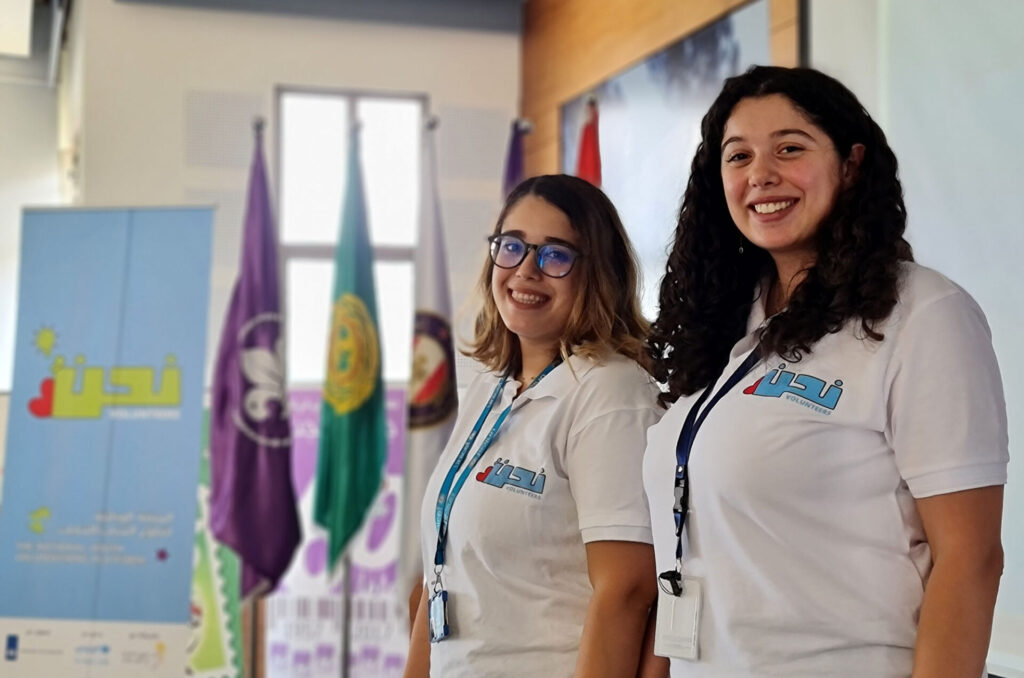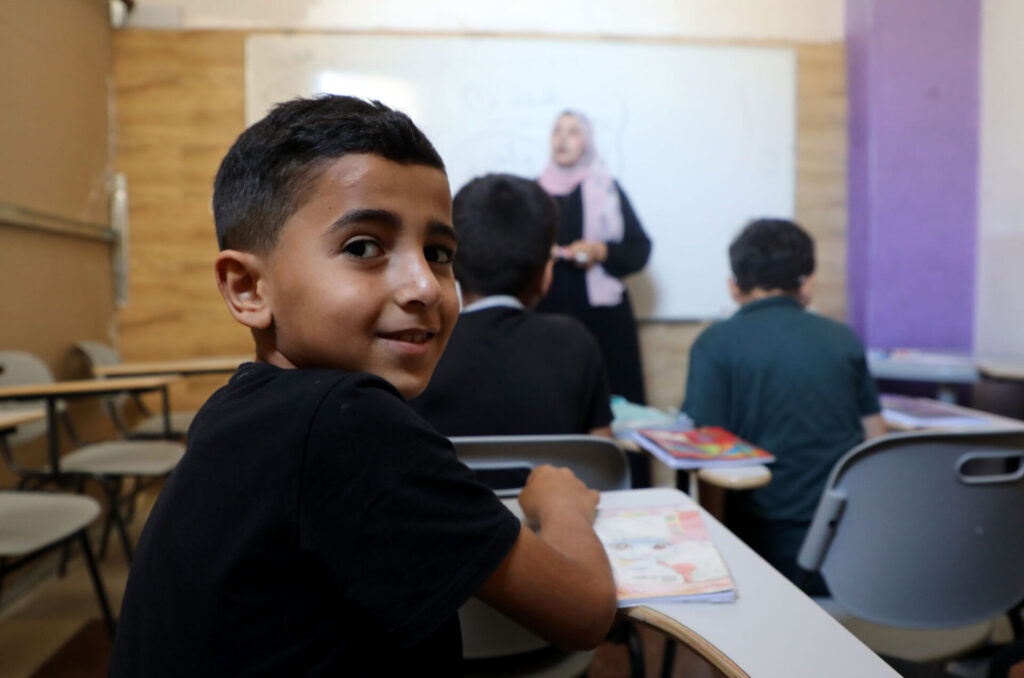Jul, 2018
One of the ways Anera has responded to the serious humanitarian crises facing Gaza is by funding and engineering the construction of greenhouses for families to become self-sufficient.
Gaza continues to suffer from a protracted humanitarian crisis caused by three wars over 10 years and a near-total blockade by Israel and Egypt. Thousands of Palestinians in Gaza remain internally displaced and much of the infrastructure damaged during the wars has not been repaired. A severe shortage of building materials, frequent power cuts, and a lack of fuel stymie reconstruction efforts and hinder daily life. Damage to irrigation systems and fields, combined with restrictions on imports of items such as fertilizer and seeds, has severely curtailed Gaza’s agricultural capacity. Exacerbating this situation is the world’s highest employment rate at 44% with youth unemployment at a staggering 60%.
One of the ways Anera has responded to the serious humanitarian crises facing Gaza is by funding and engineering the construction of greenhouses for families to become self-sufficient.
Anera's Gaza Food Security Program
Since 2010, Anera’s Gaza Food Security Program has worked to improve access to healthy foods and increase household income of Gaza’s most marginalized and food-insecure families. Centered around the construction of a greenhouse for each family, the program promotes greater efficiency of limited land and water resources and longer growing seasons. Since its inception, the Gaza Food Security Program has built more than 1,100 greenhouses throughout Gaza, improving the health and livelihoods of families. Many families continue to reap the harvest of their greenhouses.
In the eight years since it began, families participating in the Gaza Food Security Program have:
- Improved health and food security: Greenhouses allow families to extend the growing season and grow produce more efficiently in a limited space. Families benefit from greater seasonal access to fresh, nutritious produce in lieu of low-quality foods. Ninety four percent of surveyed families said the project had an overall positive effect on their lives.
- Increased economic well-being: 75% of participating families surveyed reported being able to sell surplus produce in local markets, and 86% reported self-sufficiency in vegetable production during the growing season. Increased financial resources means that families are able to spend income on other basic needs, such as education or health care.
- Education on best farming practices: 187 farmer families have benefited from extensive training related to best agricultural practices, which helps secure sustainable outcomes beyond the lifespan of the project.


